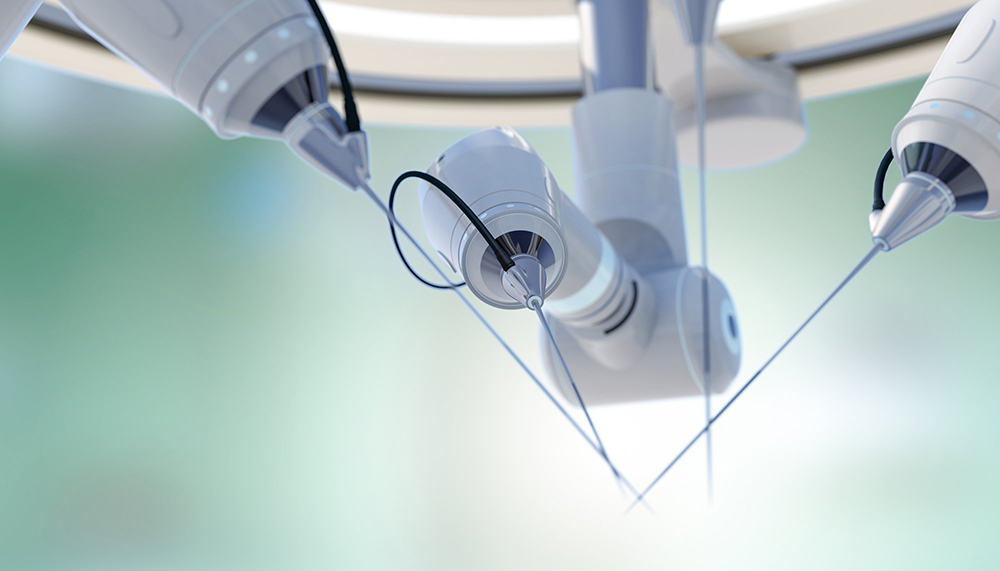For almost 25 years, MultiSource Manufacturing LLC has worked to engineer and fabricate precise parts, components, and full assemblies for the medical device industry. Medical equipment production requires a level of perfect accuracy, strict design specifications, and bio-safe engineering knowledge. No matter what kind of devices we manufacture, from surgical equipment to implantable devices, we adhere to the highest industry standards, and our own goals for quality and safety during every step in the production process. Our engineering team and manufacturing technicians understand the importance of a reliable, well-made product for all industries, but especially for the medical device field. The quality of a medical device when put to use in a hospital, emergency room, or other treatment center can mean life or death for a patient. To eliminate the potential of any of our devices compromising a patient’s health and well-being, we follow a set of meticulous but basic standards for quality and precision. Many of our medical device manufacturing operations also utilize microfabrication processes to build intelligent electronic designs and tools for bio-integration.
USES OF MICROFABRICATION
There are many uses for microfabrication when it comes to medical device manufacturing. From a biochemical standing, microfabrication is key for creating solutions for cell biology treatments, biosensors, and other components that involve medical procedures at a molecular level. Our microfabrication capabilities operate on a slightly larger scale than molecular biology, but we still work to build parts that are almost invisible to the naked eye. Tolerances often run as tight as +/-0.001″ (+/-0.0025mm) on our medical device production floor.
Much of our microfabrication for medical devices works with semiconductor and electronics fabrication. Some processes we utilize in our microfabrication operations include:
THIN-FILM DEPOSITION
Made from silicon, metals, or plastics, thin films can be used in microcomponents for masking, structure, subtractive manufacturing, and more. Thin films deposited on surfaces are typically fused with chemical reactions, but can be attached with physical operations. Common films use silicon dioxide or silicon nitride, both dielectric substrates (electrical insulators).
WET PROCESSING
For semiconductors and other microcomponents, wet processing is a critical part of developing a precise design. Wet processing immerses parts into an etching solution, which chemically removes areas of a chip or part that is not masked with specific films or other photoresist agents. We also use wet processing to apply strip lines and other parts of a microchip and wafer system.
ELECTRONICS INTEGRATION
With our capabilities for semiconductor micro fabrication and our medical device manufacturing skills, we can pair micro components with electrical systems. Circuits, chip boards, electrodes, capacitors, insulators, and other parts of electronic medical devices of all kinds rely on our micro fabrication and precision in the full assembly of parts, from catheterization, ablation, and other implantable devices to drug delivery systems and pharmaceutical packaging.
To learn more about our medical device manufacturing, contact MultiSource Manufacturing LLC at (952) 456-5500. You can also request more information, here to get started with us today.
